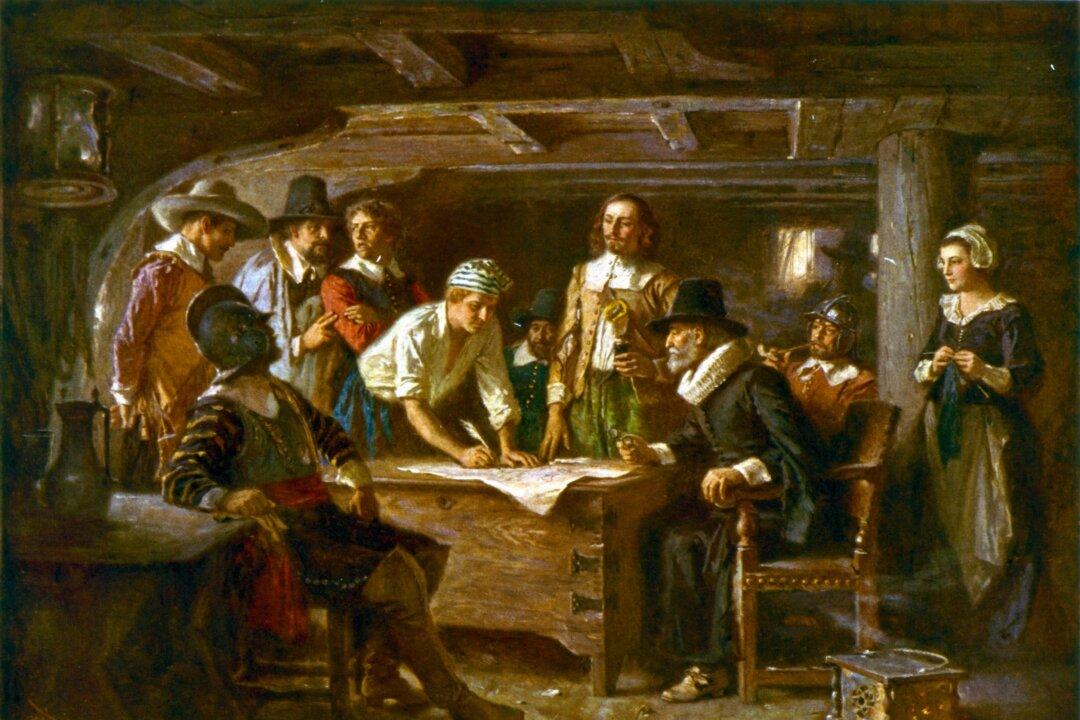In recent years, Americans from across the political spectrum have bemoaned the loss of a virtuous society and the resulting divisions in our nation. For those of us who have grieved this loss, it seems like we have finally come full circle after decades of downplaying or even degrading the role of virtue in a stable and healthy society.
But this growing awareness of what we have lost begs the question: “How do we restore virtue in a nation when it has been lost?”





